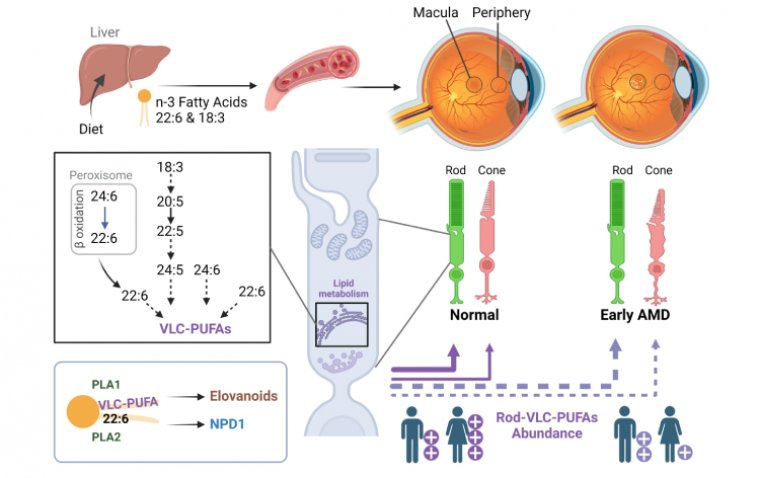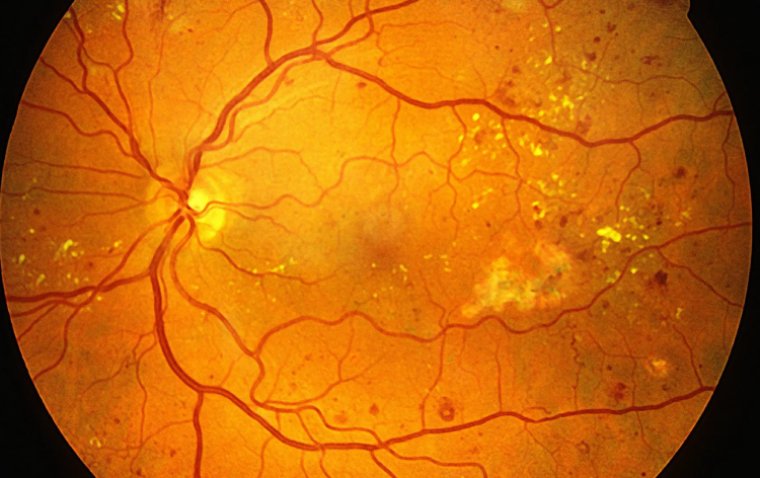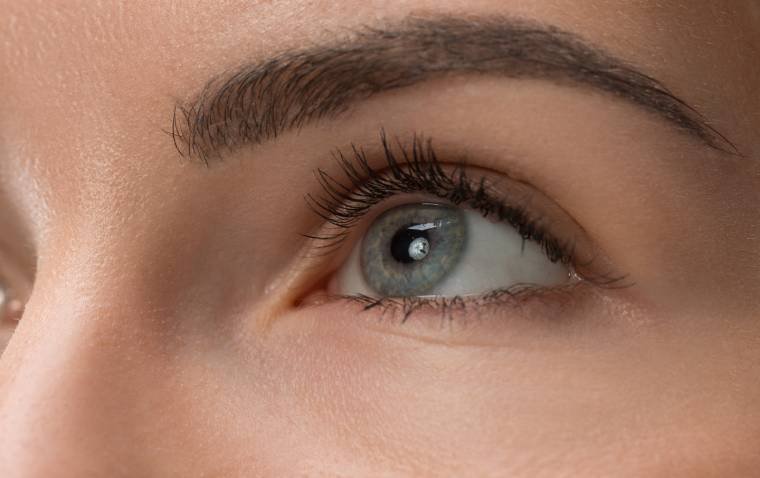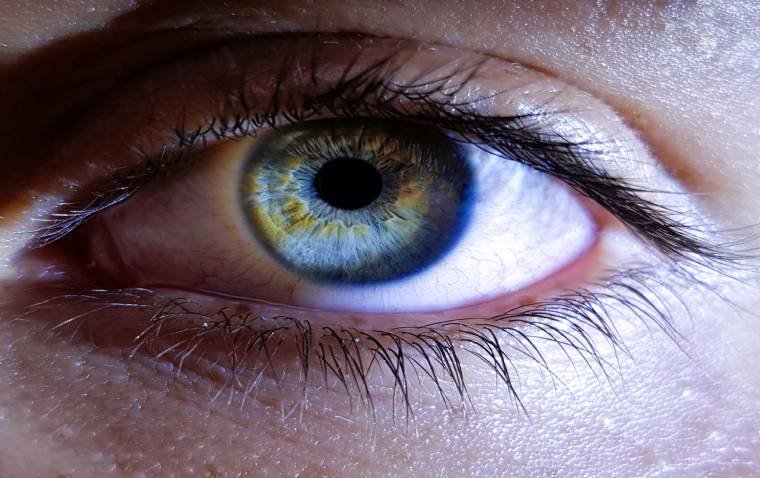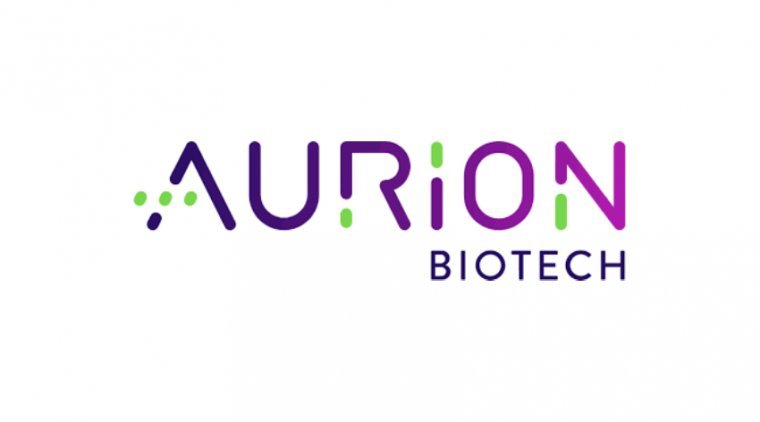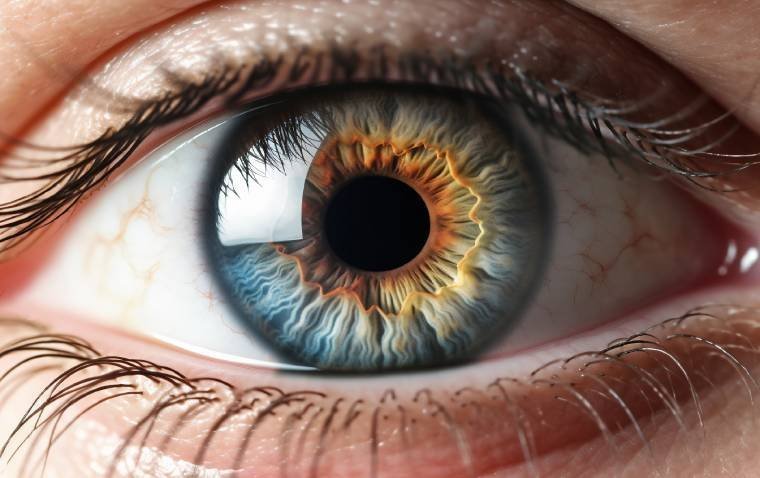
New AI Tool Enhances Efficiency of Geographic Atrophy Clinical Trials
A new artificial intelligence (AI) system developed by researchers from UCL and Moorfields Eye Hospital could potentially revolutionize the recruitment process for clinical trials aimed at treating Geographic Atrophy (GA), an advanced form of dry age-related macular degeneration (AMD) that often leads to irreversible vision loss.
Addressing a Critical Need in GA Treatment
Geographic atrophy, affecting 5 to 10 million people globally, had until recently lacked effective treatments. However, the FDA's approval in 2023 of two medications showing modest efficacy has spurred a surge in clinical trials for the condition. One major hurdle in these trials has been recruiting enough eligible patients who meet stringent trial criteria.
Published in Ophthalmology Science, the study details how the new AI system surpasses conventional methods in identifying suitable GA trial candidates. By analyzing 602,826 optical coherence tomography (OCT) retinal scans from a diverse dataset spanning 2008 to 2023, the AI algorithm efficiently pinpointed patients likely to qualify for clinical trials.
Enhanced Precision and Efficiency
Compared to traditional electronic health record (EHR) keyword searches, the AI system demonstrated superior performance, identifying nearly double the number of candidates with higher precision. It excelled in distinguishing between different disease stages and excluding patients with disqualifying co-existing conditions.
In a specific trial scenario, the AI system accurately shortlisted 1,139 patients with 63% precision, outperforming the EHR's identification of 693 patients at 40% precision. When combined, AI and EHR methods identified 604 eligible patients with an impressive 86% precision.
The development of this AI system leveraged the robust computing infrastructure and extensive datasets of the INSIGHT Health Data Research Hub Programme at Moorfields, which integrates ophthalmic imaging with clinical data on a large scale.
Applicability and Transferability
What sets this AI apart is its reliance solely on retinal scans, making it applicable in settings where text-based electronic records may be challenging to search but where stored retinal images are readily available. Tested on an ethnically diverse dataset reflecting London's population, the AI's potential transferability to global sites enhances its utility for GA clinical trial recruitment.
Future Implications and Research Directions
Dominic Williamson, lead author and PhD student at the UKRI UCL Centre for Doctoral Training in AI-enabled Healthcare Systems, highlighted the system's potential impact: "Our AI system shows promise for real-world application in recruiting patients for GA clinical trials more efficiently. It could also be developed to identify individuals who may benefit from new treatments as they become available."
Professor Pearse Keane, senior author from UCL Institute of Ophthalmology and Moorfields Eye Hospital, emphasized the broader implications of AI in advancing GA treatments: "This type of AI could prove instrumental in accelerating development of innovative GA treatments. The research effectively demonstrates the potential for AI in facilitating automated pre-screening for clinical trials in GA, enabling site feasibility assessments, data-driven protocol design, and cost reduction."
The collaborative study was led by the UCL Institute of Ophthalmology and NIHR Moorfields Biomedical Research Centre, along with Moorfields Eye Hospital NHS Foundation Trust. Collaborators included researchers from the Centre for Eye Research Australia, University of Melbourne, University of Surrey, and Bitfount Ltd.
Reference
https://www.ophthalmologyscience.org/article/S2666-9145(24)00102-7/fulltext
(1).jpg)

